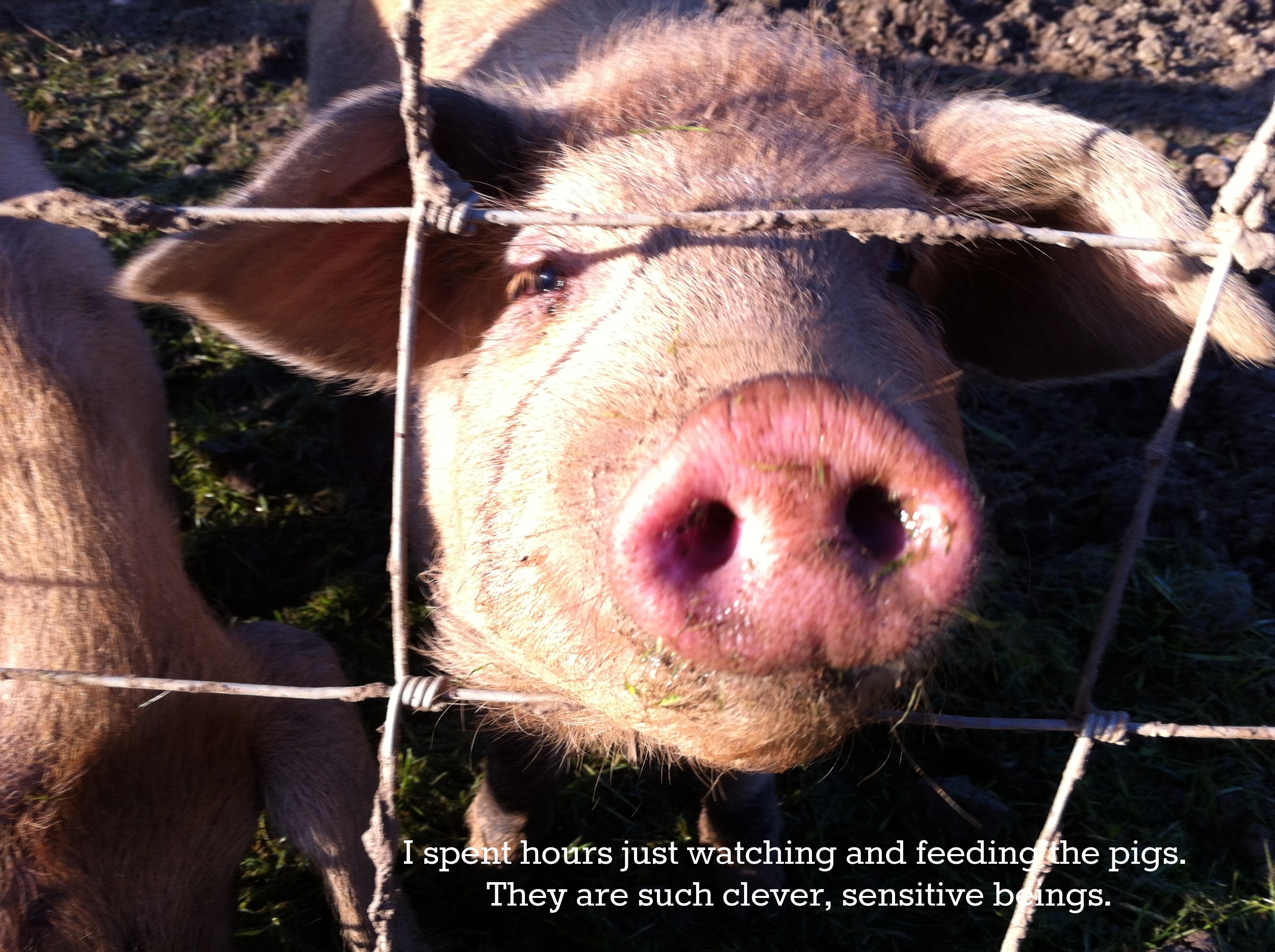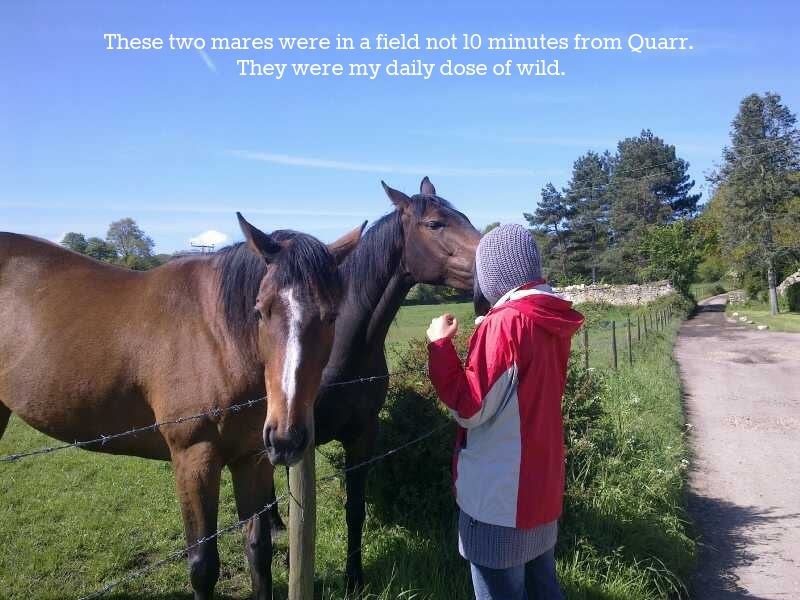Step Outside for Healing
10 January 2016
“Learning, thinking, innovation and maintaining contact with one’s own inner world are all facilitated by solitude.” – Anthony Storr
THE CAPACITY TO BE ALONE
Being alone frightens me.
I imagine it frightens many people.
Not to be confused with being lonely, being alone is to have little more than yourself for company and conversation. No social media to pretend that you’re “talking” to other people; no books to dive into and get lost in; no friends to engage with in idle banter over beers.
Just you.
Just you to argue with. Just you to criticise. Just you to comfort and understand.
A friend said to me several years ago that she almost went mad during her silent retreat in India. The first few days were the most difficult. She felt her head and very being were ready to explode.
In a book entitled, “Solitude”, which was first published in 1989, psychiatrist Anthony Storr lauds the benefits of solitude and aloneness. To some extent, Storr vindicates artists, inventors and game-changers (to use a more contemporary term) who might be labelled as weird, socially awkward or off-the-wall for their preference for alone time over the clamour of meaningless dinner parties. Legend would have it that even the ancient Greek mathematician, Archimedes, was taking some time out in a bath when he had his “Eureka!” moment. It is no wonder that we have phrases such as “head for the hills”, “sleep on it”, “clear the clutter” and “I need to be alone”.
But, how many of us take heed of these emotional signposts?
This monkey in Rajasthan said so much by doing so little.
STEP OUTSIDE
Everything that Storr studies in his book has already been tried, tested and advocated by scores of religious ascetics, contemplatives and geniuses of yore. From John the Baptist and the early Benedictines in the deserts to Buddhist monks in the mountains, aloneness has been the prescription for attaining clarity and inner peace.
And at the core of this aloneness is Nature. Whether desert or cave or mountain or valley, Nature surrounds us.
Beatrix Potter’s fairly isolated childhood, her pets and general love for Nature resulted in not only long hours alone, but, and more significantly, her fabulous stories of Peter Rabbit and friends.
I’d like to believe that John Steinbeck is the literary great that he is because he spent a lot of time snowed in on a large estate at Lake Tahoe where he was a caretaker and driving around his beloved USA with his equally beloved Charley, the giant French poodle.
But, it is quite possibly the hermitage of my hero, Thomas Merton, which cements the benefits of stepping outside of myself and my immediate environment for healing; for calm; for that clarity that I so pitifully beg for.
This was the view from the bedroom at Red Barn Inn in Cotati, California. Those are the owner's pet bison grazing. Photo: Marc



